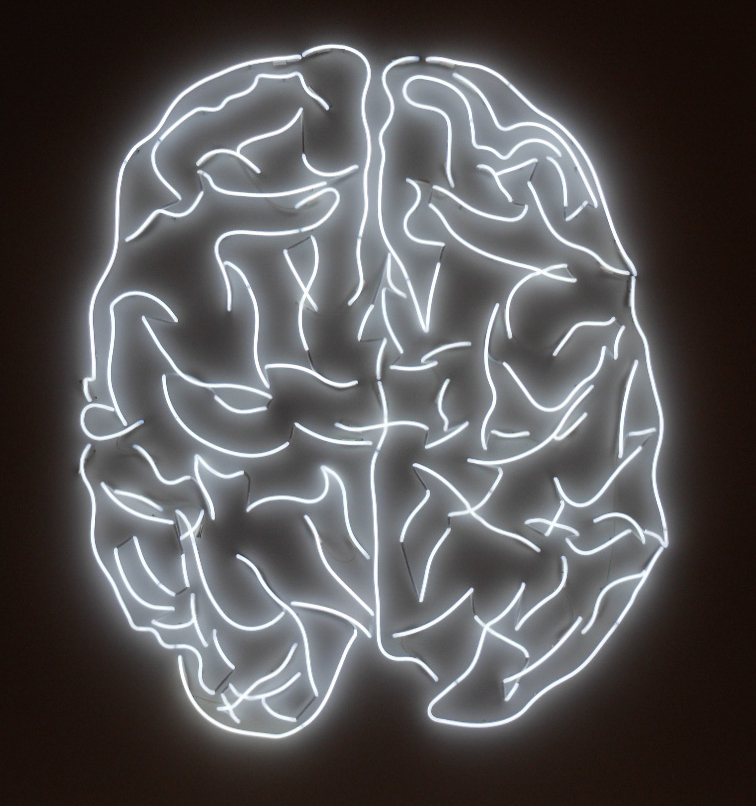Each week, The Daily’s Science & Tech section produces a roundup of the most exciting and influential research happening on campus or otherwise related to Stanford. Here’s our digest for the week of Oct. 13 – Oct. 19.
Abnormal electrical brain activity affects patients treated for epilepsy
Patients affected by epilepsy have benefited immensely from medications to control seizures, yet these same patients may continue to have trouble thinking, concentrating or remembering things accurately. Electrical activity interfering with the brain’s normal electrical activity causes this phenomenon, a study published by Stanford researchers on Oct. 16 in “Science Translational Medicine” found.
Researchers refer to this interfering activity as high-frequency oscillation (HFO). HFOs can overpower normal healthy brain functions for roughly a couple of seconds. The study was led by Josef Parvizi, neurology professor and director of Stanford’s Program for Intractable Epilepsy.
“A cognitive demand on a brain circuit that’s just experienced an HFO is like the doorbell ringing when you’ve just been punched in the nose and you’re still seeing stars,” Parvizi told Stanford Medicine News. “You might not even hear that doorbell, and you’re certainly not about to go answer it.”
Researchers have found that specific medications and implantable devices for patients can reduce the intensity of HFOs, leading to less frequent cognitive disruptions for patients with epilepsy.
Racial disparity in education: Link between discipline gap and achievement gap
Stanford researchers published the first nationwide study examining the link between racial disparities in school suspension rates and standardized test scores among white and black students on Oct. 16 in the “American Educational Research Association Open.”
“As the racial discipline gap goes up, so too does the racial achievement gap,” said Francis Pearman, assistant professor at Stanford Graduate School of Education, in Stanford News. “Likewise, as the racial discipline gap goes down, so too does the racial achievement gap.”
Previous research has supported the existence of racial disparities in education when it comes to the discipline gap and the achievement gap, showing that students of color are suspended at disproportionately higher rates and receive lower grades on standardized tests, compared to their white counterparts.
“It wasn’t until recently that people started talking about these gaps as potentially being related to one another,” Pearman told Stanford News. “This is the first study to document this relationship at the national level.”
How young children teach each other
Modern pedagogy has mainly focused on how people teach others, but there is less research on how people decide what to teach others. Now, Stanford researchers have discovered that young children, when helping each other, will teach what their peer students would find most useful and engaging.
The study, published on Oct. 14 in “Nature Human Behavior,” found that children ages 5 to 7, decide to teach content based on how rewarding and challenging it is for peer students to learn individually.
“People have to be choosy about what they teach, because it is impossible to teach everything,” said Hyowon Gweon, an associate professor of psychology, in Stanford News. “Our results suggest that even young children are able to reason about the expected reward and the cost of learning from the learner’s perspective to determine what is best to teach.”
In their experiments, the researchers compared different sets of toys of varying complexity and intrigue. The young children were initially asked to explore these toys, then were tasked with teaching their peers how to play with the toys. The results found that young children gave higher priority to toys that were more challenging and more entertaining to play.
“The content of what is helpful to teach others has changed over time, but the key factors that determine what is helpful are the same,” Gweon told Stanford News. “If I can only teach you one thing, I want it to be something useful; that is, something that brings you reward and saves you from trouble.”
Contact Derek Chen at derekc8 ‘at’ stanford.edu.
